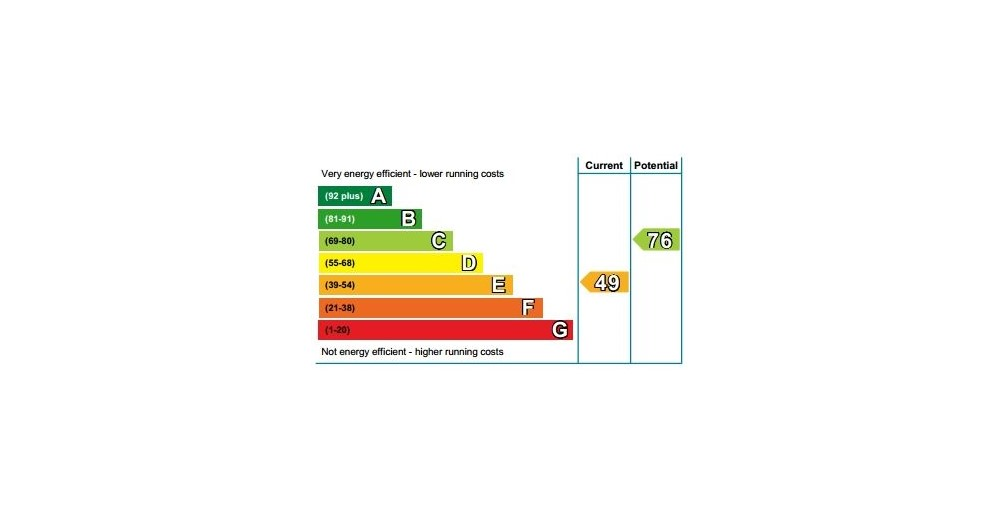
Landlords warned over potential fines
Landlords are being urged to adhere to new regulations for their properties or face thousands of pounds of fines.

Rugby-based heating, plumbing and electrical business Custom Heat is advising landlords that from April 1, it will become unlawful for a landlord to continue to let a substandard commercial property unless they have made all possible cost-effective energy efficiency improvements prescribed by Minimum Energy Efficiency Standards (MEES), ensuring all rental properties have an Energy Performance Certificate (EPC) rating of E or above.
In basic terms, that means any commercial property with an EPC rating of F or G will be considered ‘substandard’, and therefore they could be liable to pay thousands of pounds of very avoidable fines, warned Lincoln Smith, managing director of Custom Heat.
Smith said: “We have already spoken to dozens of landlords who we have previously worked with and they didn’t know about the changes, so have enlisted our help to get their properties up to standard, which has been anything from modifications for heating, lighting and ventilation to adding internal insulation, floor insulation and improved heating controls.
“So if they don’t know about it, we are concerned others don’t too, and time is running out.”
The legislation states that landlords who fail to comply could look at a fine of a minimum of £5,000 or non-compliant properties let for less than three months. When non-compliance extends beyond a three-month period, penalties could reach 20% of the rateable value, with a minimum fine of £10,000 to a maximum of £150,000.
The intention of the regulations is that all rented non-domestic buildings achieve an EPC of C by 2027 before attaining B by 2030. On current assessments, only 12% of all registered commercial properties meet this criteria.
Smith continued: “Budgets are tightening and with prices rising as a result of the cost-of-living crisis, it is crucial that landlords consider MEES compliance in their financial planning and ensure they do not let it fall down the priority list and risk significantly devaluing their assets.”
“We must stress though that we do support this legislation change as it plays an important role in achieving the government’s goal of Net Zero by 2050. We just want to make sure that landlords are ready and make the change now,” Smith added.